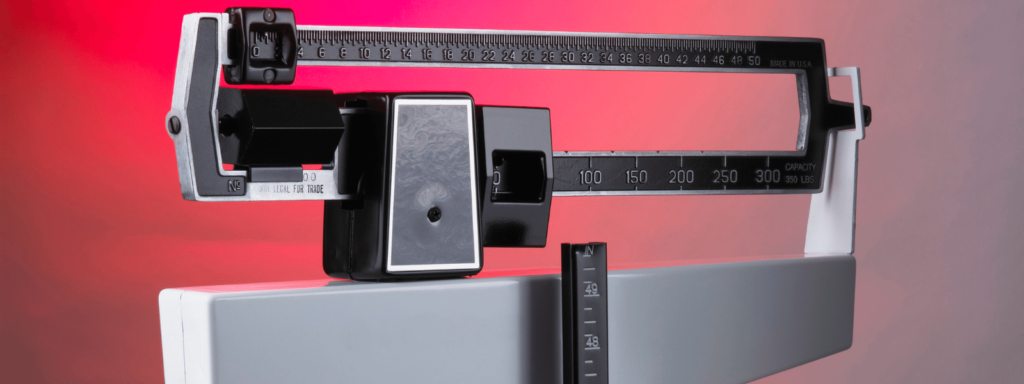
One of the most important things we do in caring for older adults in long term care communities is making sure we keep accurate and current records of the weights and heights of the people in our care. Weight gain or loss is an important gauge of health and nutritional status, and needs to be measured as accurately as possible without causing distress to the person we are weighing. Test your knowledge of how to properly weigh and measure residents by taking the following short quiz:
- A weight and height is important for an accurate nutrition assessment to be completed. True or False.
- It is not necessary for the person to remove their shoes when being measured for height. True or False.
- When weighing a person in a wheelchair, you should first determine the weight of the wheelchair. True or False.
- If the person’s weight is different from the previous weight, the person may need to be reweighed. True or False
- To determine height in inches you must divide the cm’s by 2.54. True or False.
- The height may be estimated by taking the span of the person’s True or False.
- CMS requires current measurements. A new height measurement every six months and weight measurement every True or False.
- Measuring people in bed should be done by removing any pillows, having the resident lay as flat as possible, and placing a tape measure placed from top if the head to the tip of the toes. True or False.
- Weighing people at different times of the day gets a more consistent weight average. True or False.
- It is a federal requirement that you have a 10 lb. weight to calibrate the scale per manufacturer’s guidelines. True or False.
Find out how well you did.
- True.
- False. You should measure a resident’s height without shoes.
- True. People in wheelchairs should be weighed in the chair. Therefore, you must weigh the wheelchair first to get a number to subtract from the total weight of the person and the wheelchair.
- True. While some weight variance may be acceptable, each community should set a protocol for when the person should be reweighed. Example: if the weight varied by more than 3% from the previous weight, the person should be reweighed.
- True. If a person’s height is taken in centimeters, you must then divide by 2.54 to get the height in inches. Example: 183 cm/2.54 = 72 inches
- True. Using a cloth measuring tape, ask the person to extend one arm out. Measure from the notch of the sternum to the tip of the fingertips and double. This is an ESTIMATE of height, and should be documented in the chart as an estimated height.
- False. You should measure and record height in inches on admission and if the last measurement is more than one year old.
- False. For a supine measurement, position the person in bed without pillows or wedges. Lay them as flat as possible with body and limbs straight. Mark the surface at the tip of the head and base of the heels. Move the resident and measure the length of the flat surface.
- False. People should be weighed at the same time of day to get an accurate reading of any changes.
- False. It is recommended that the Maintenance Department calibrate the scale weekly. To ensure an accurate calibration, weigh an item of a known weight (for example, a 10 lb. weight) and calibrate the scale per manufacturer’s guidelines.
So how did you do? If you need a quick refresher on getting accurate and current weights and height with alternative methods for measuring height in a bedbound patient, we want to offer you a free download How to Properly Weight and Measure Residents.

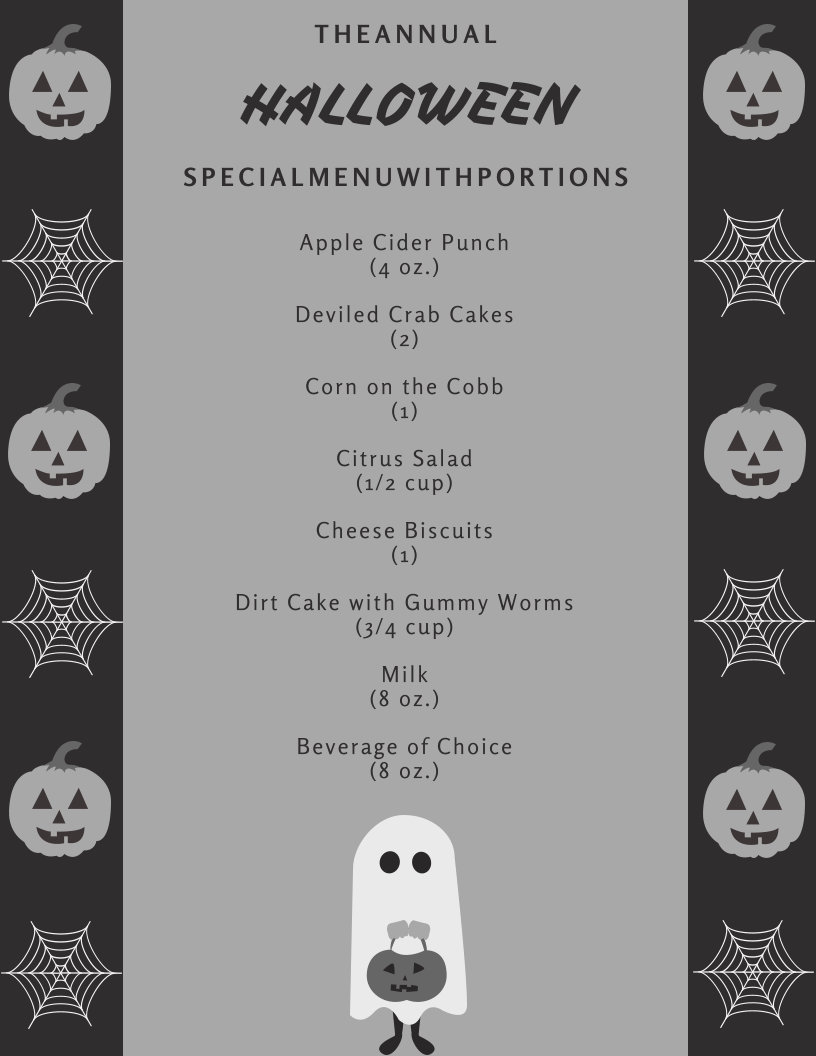
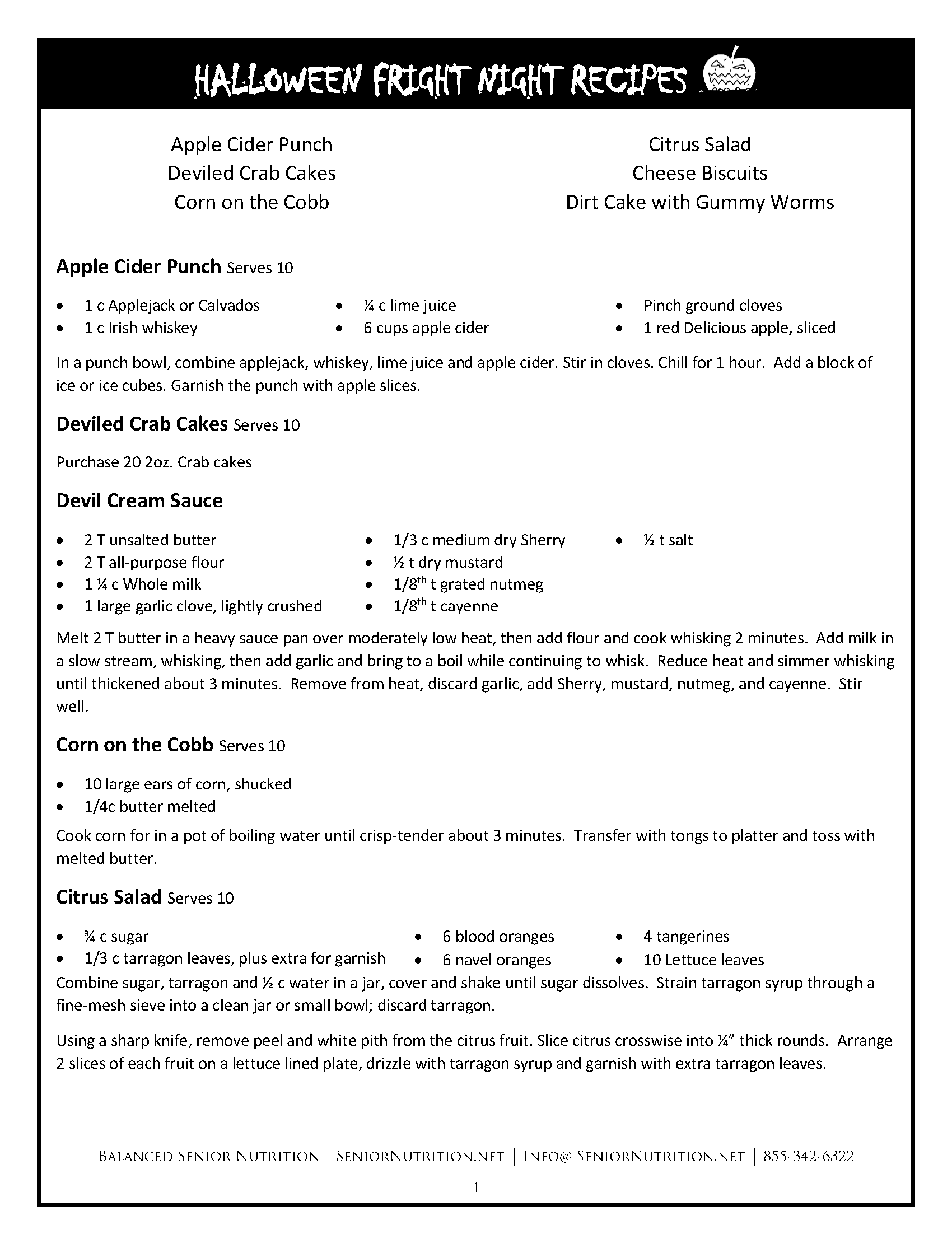
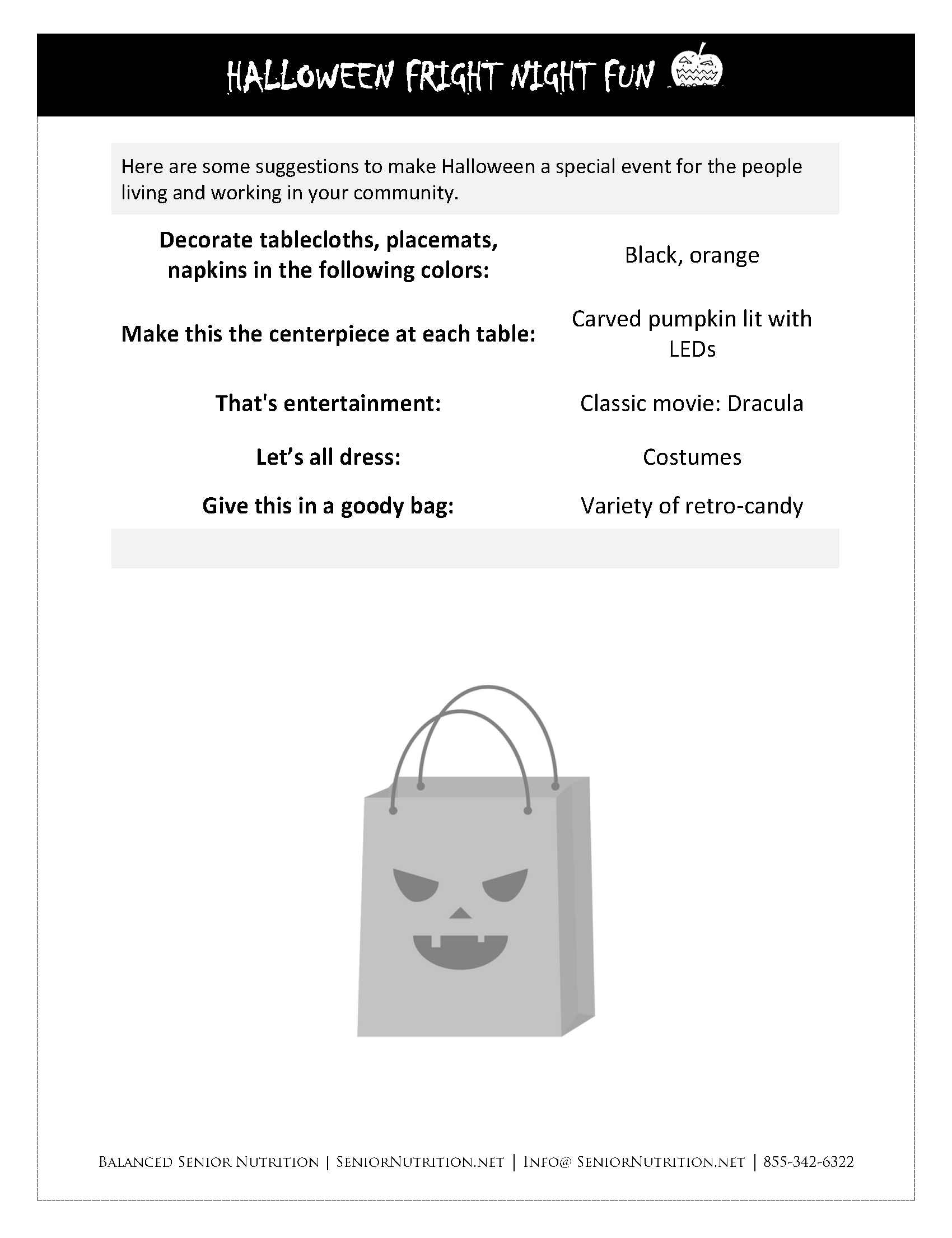
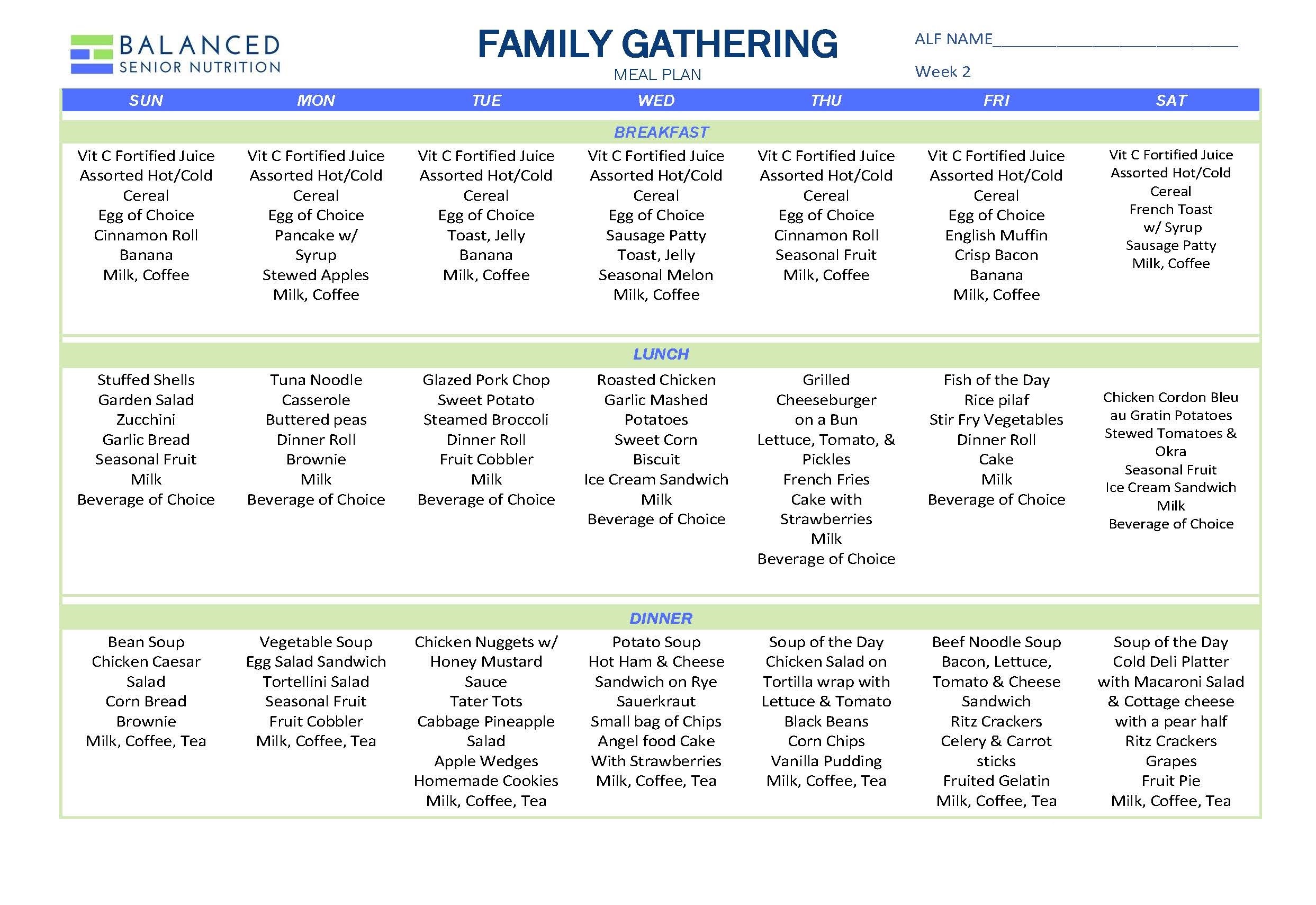
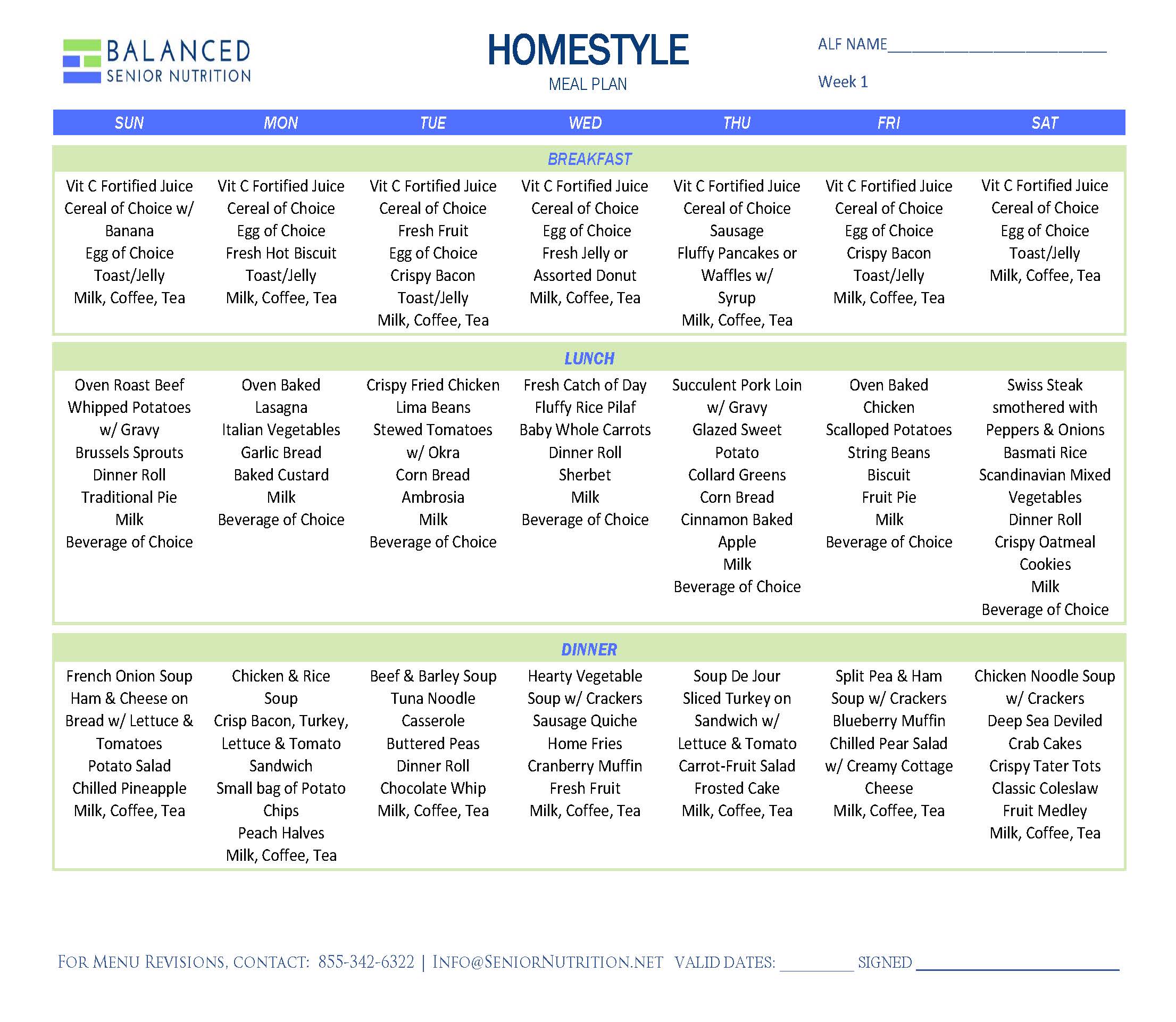
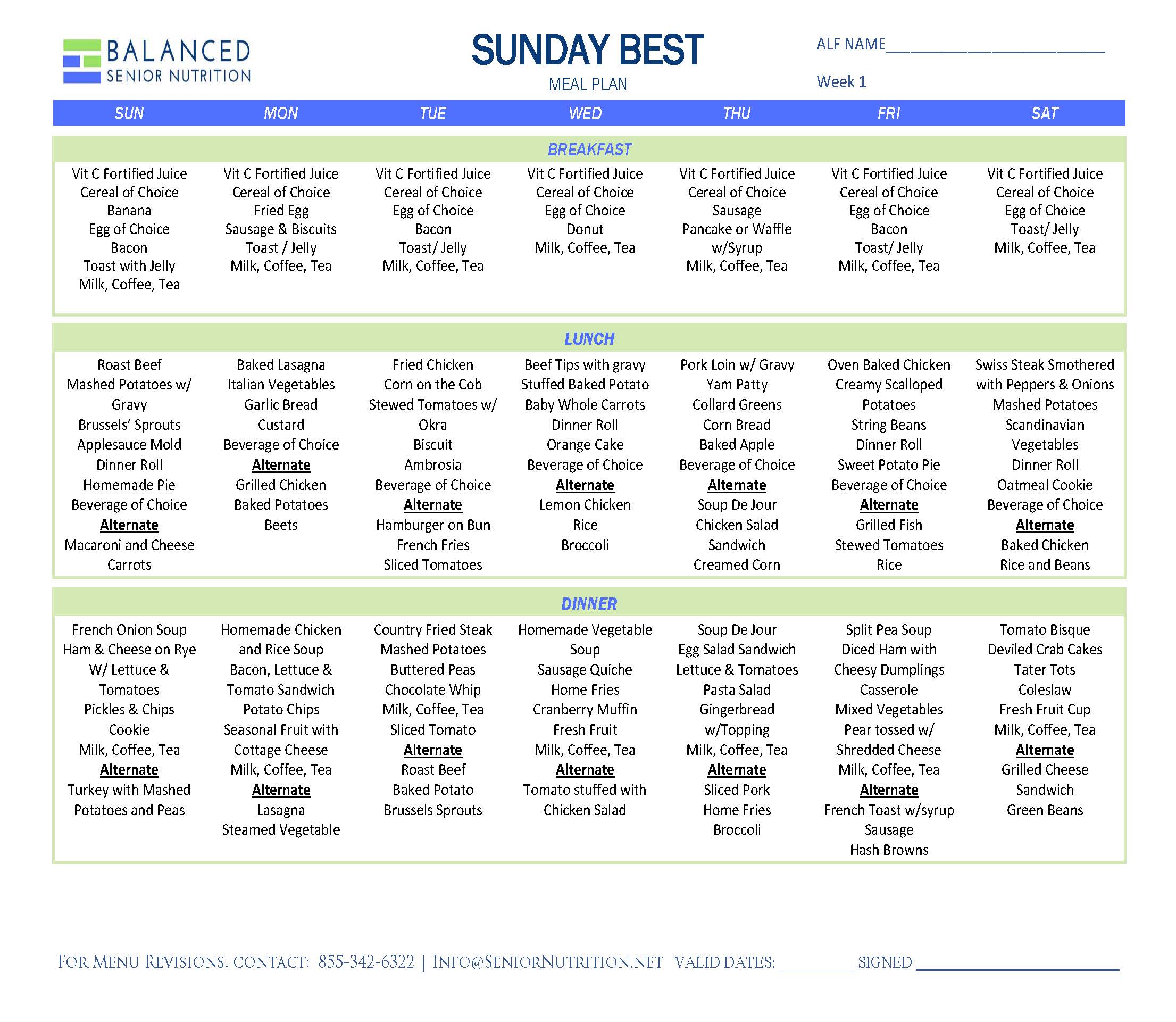
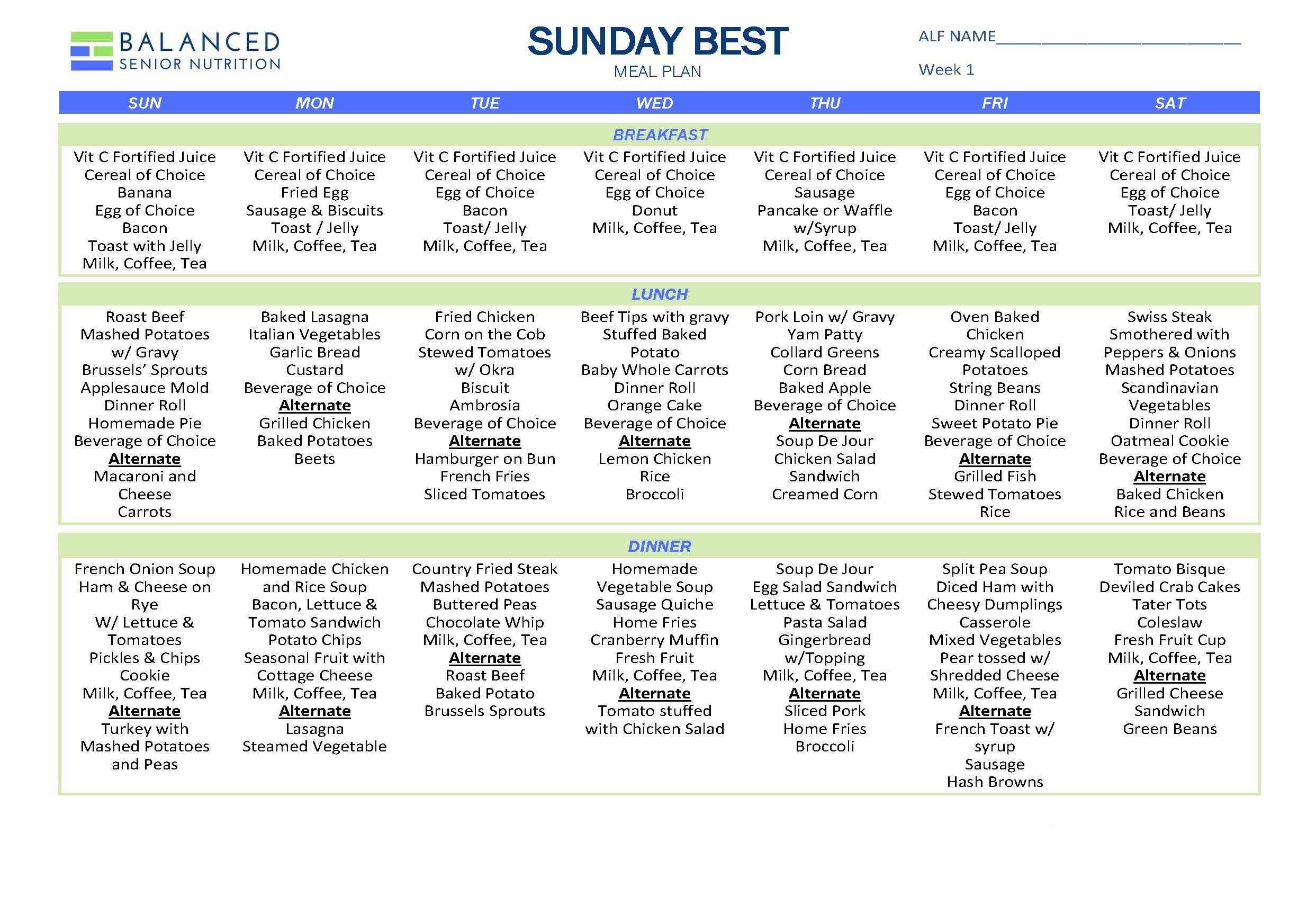

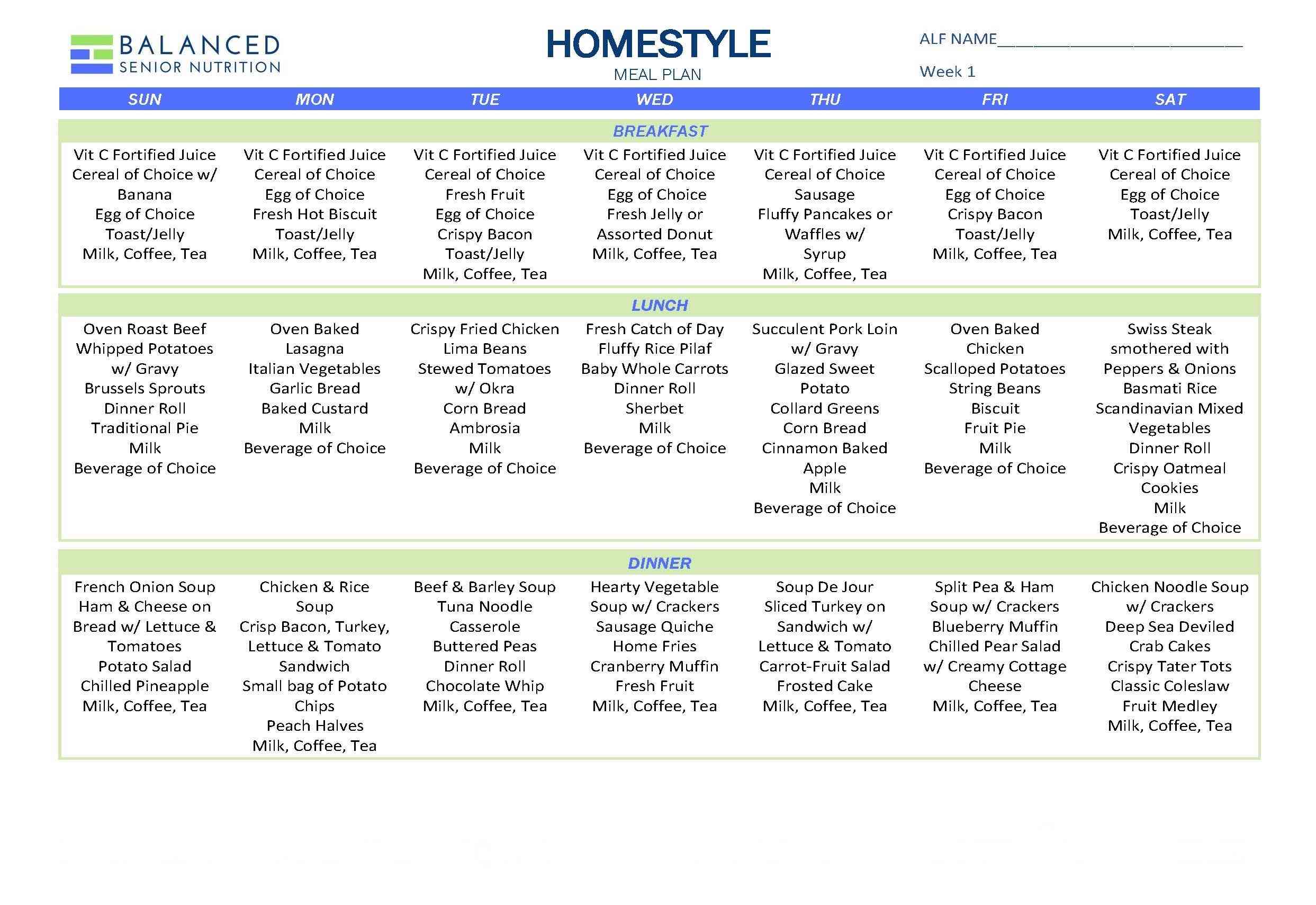

18 Responses to Tips for Properly Weighing and Measuring Your Residents